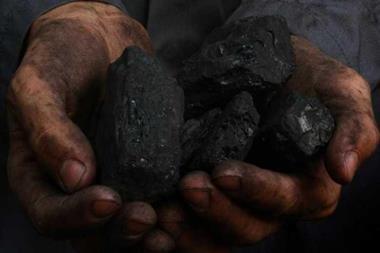Organisations are urged to take action to root out child labour within their supply chains as numbers grow to 160 million worldwide
The number of children in child labour has risen to 160 million worldwide – an increase of 8.4 million children in the last four years – with millions more at risk due to the impacts of COVID-19, according to a new report by the International Labour Organization (ILO) and UNICEF.
It found the agriculture sector accounts for 70 per cent of children in child labour (112 million) followed by 20 per cent in services (31.4 million) and 10 per cent in industry (16.5 million).
For organisations, the issues around child labour can manifest as supply chain risks.
”The ever increasing need to ensure that an organisation’s supply chain is compliant with published sustainability strategies, is seeing a drive to focus on early warning indicator analysis that will help with the early identification of potential issues such as the use of child labour,” says Tom Teixeira, partner at Arthur D Little UK.
”Those skirting the moral lines on sustainability performance are starting to feel the effects of updated regulation and corporate/public perception,” notes the company in a report on sustainability in the supply chain.
One high profile example is the class action lawsuit against tech giants Apple, Google, Microsoft, Dell, and Tesla. They are being sued by a human rights group – International Rights Advocates – for alleged poor oversight of their Cobalt supply chains, which enabled the use of child labour in mining operations in Democratic Republic of Congo (DRC).
The lawsuit claims that, although each company has policies prohibiting the use of child labour in its supply chains, they failed to effectively implement such practices.
“The DRC produces around 60% of the world’s cobalt and, with a history of poor working conditions and labour practices, tech groups and car makers face a growing dilemma around how to effectively manage this emerging risk in their supply chain,” says the report.
”Various existing and emerging markets have been exposed – from fast fashion with its issues with waste management, resource usage, and material toxicity to electric vehicles and its issues with modern slavery and child labour used in the mining of essential elements.”
”With further crackdowns imminent, organisations must be proactive in their response to sustainability risk issues in their supply chain before they become too exposed.”




















No comments yet